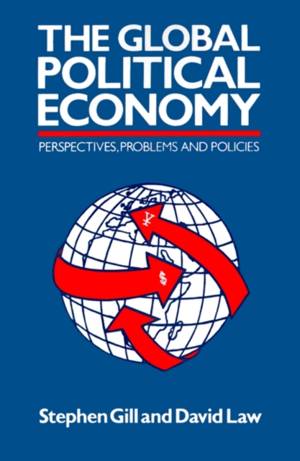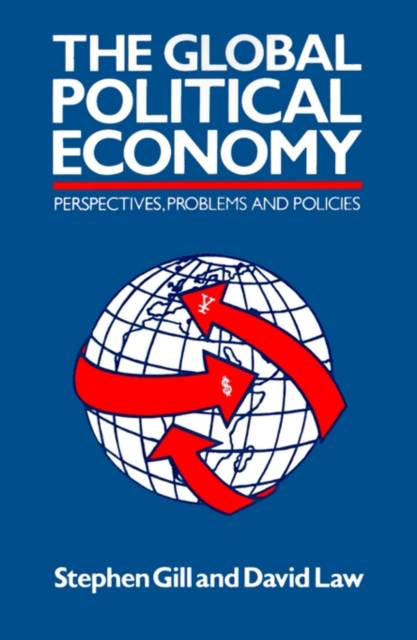
- Retrait gratuit dans votre magasin Club
- 7.000.000 titres dans notre catalogue
- Payer en toute sécurité
- Toujours un magasin près de chez vous
- Retrait gratuit dans votre magasin Club
- 7.000.0000 titres dans notre catalogue
- Payer en toute sécurité
- Toujours un magasin près de chez vous
Global Political Economy
Perspectives, Problems, and Policies
Stephen Gill, David LawDescription
What lies ahead for the global political economy? How can policy makers channel economic development to increase the chances for peace and prosperity? From a range of competing theoretical viewpoints--liberal, Realist, and Marxist--Stephen Gill and David Law examine how politics help shape international economic relations and how economic changes and structures affect political forces.
The Global Political Economy explores contemporary policy questions in such areas as militarization; technology and transnational corporations; money, exchange rates, and capital flows; and trade. Relating these policy questions to seleted case studies, the authors reveal the interdependence of the global political economy in East-West reltions, North-South relations, and the political economy of energy.
Gill and Law stress three broad trends as the book's unifying themes: the globalization of national economies, the domination of international security by military-industrial rivalry, and the effects of both of these on global ecological changes. Students and professionals in international studies, international relations, and international political economy will find this book useful.
Spécifications
Parties prenantes
- Auteur(s) :
- Editeur:
Contenu
- Nombre de pages :
- 422
- Langue:
- Anglais
Caractéristiques
- EAN:
- 9780801837647
- Date de parution :
- 01-07-88
- Format:
- Livre broché
- Format numérique:
- Trade paperback (VS)
- Dimensions :
- 149 mm x 229 mm
- Poids :
- 621 g

Les avis
Nous publions uniquement les avis qui respectent les conditions requises. Consultez nos conditions pour les avis.






